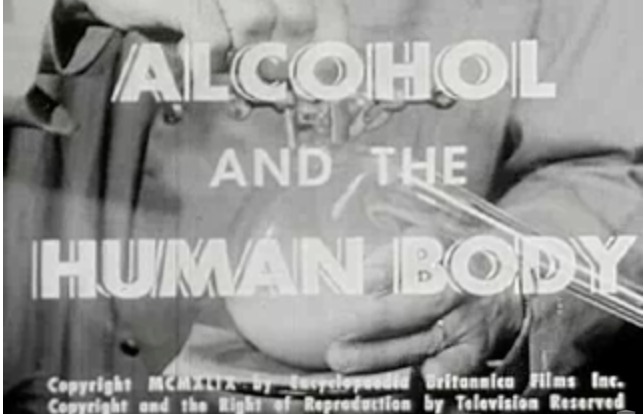We recently hosted an article by scientist and guest blogger Stephan Guyenet that explained how certain foods—those with a high calorie density, fat, starch, sugar, salt, free glutamate (umami), certain textures (easily chewed, soft or crunchy, solid fat), certain flavors, an absence of bitterness, food variety, and drugs such as alcohol and caffeine—could trip reward systems in the human brain. Those reward systems, then, encourage people to eat more of the foods that trigger the reward. The result, says Guyenet, is a cycle that could be the link between the American obesity epidemic and the rise of highly processed convenience foods, designed specifically to trip those neural reward systems.
This theory, and several related theories, are increasingly popular in the scientific community. This week, there's an opinion piece in the journal Nature Reviews Neuroscience that looks at the strengths and weaknesses of these theories and talks about what research needs to be done going forward. It's kind of a space for researchers to step back and say, "Okay, here's what we know, here's what's not lining up with what we think we know, and here's what we have to do if we want to understand this better." In the context of science, an article like this isn't really a slam against the ideas it analyzes. Instead, it's meant to summarize the state of the science and share ideas that could either strengthen the case, or lead down entirely new roads.
Sadly, you can't read this article unless you have a subscription to Nature Reviews Neuroscience (or pay them $32 for single article access). Read the rest


